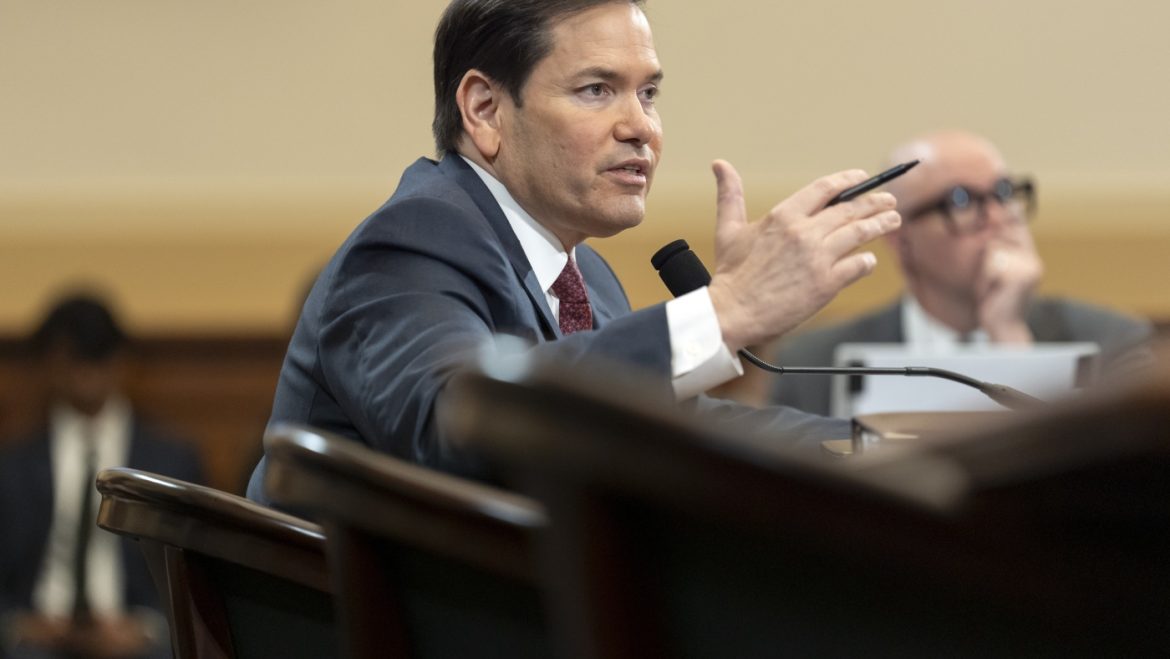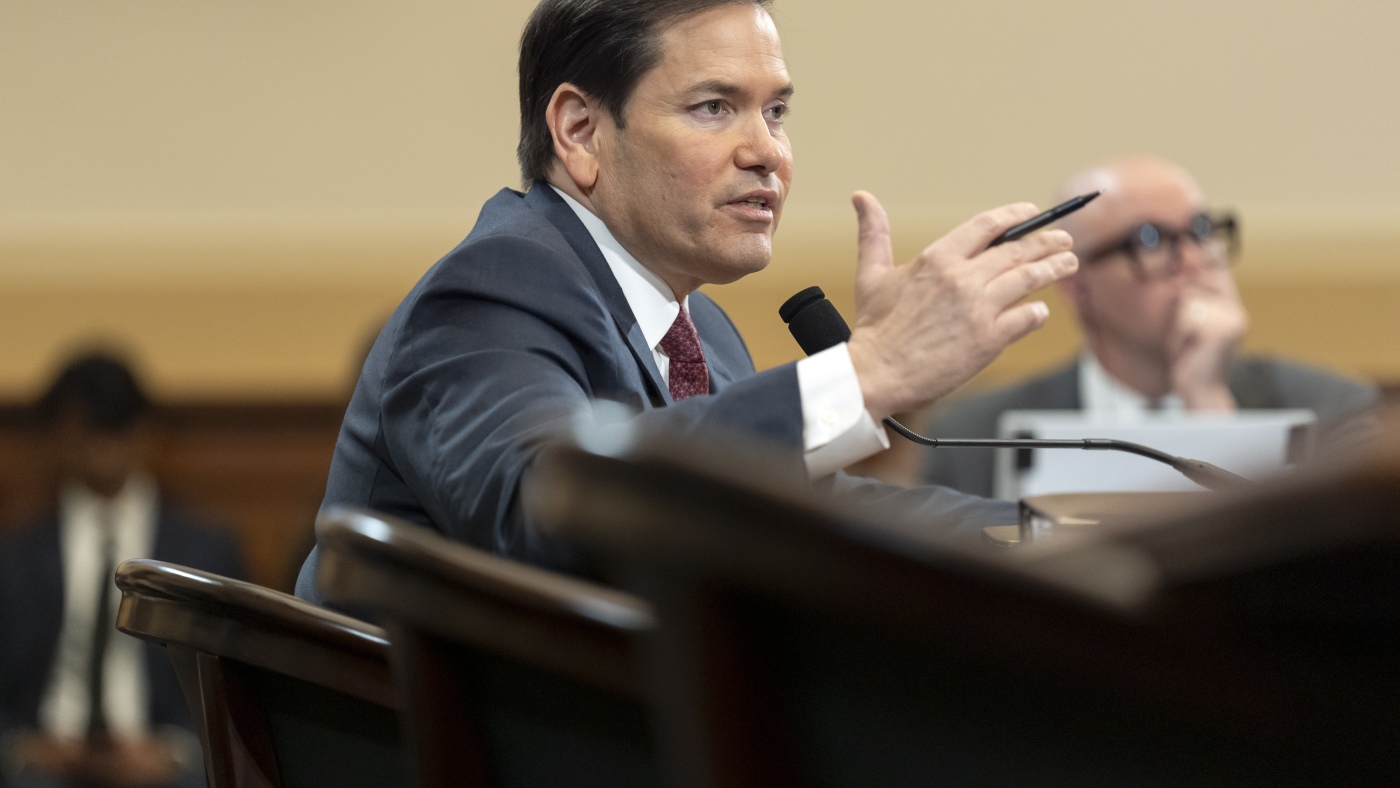The Trump Administration’s Pause on New Student Visa Interviews Amid Expanded Social Media Screening: An In-Depth Analysis
The recent directive by the Trump administration to halt the scheduling of new student visa interviews globally marks a significant shift in U.S. immigration and education policy. This measure, intended to facilitate expanded social media vetting of international student applicants, carries wide-reaching implications for foreign students, educational institutions, and broader U.S. economic and diplomatic interests.
Background and Rationale for the Pause
On a Tuesday reported by multiple major news outlets, including NBC News, POLITICO, and Reuters, the U.S. State Department—led by Secretary of State Marco Rubio—issued an internal directive instructing U.S. embassies and consulates worldwide to temporarily stop scheduling interviews for international students seeking visas to study in the United States. This suspension is explicitly linked to preparations for enhancing screening protocols, notably by incorporating applicants’ social media profiles into the vetting process.
The rationale for the enhanced vetting emerges from concerns about security and vetting thoroughness. The Trump administration has repeatedly pushed for stricter scrutiny of visa applicants to prevent potential threats and to ensure that visas are granted only to individuals who comply with U.S. laws and values. Expanding the review of social media activity aims to detect possible red flags, such as extremist views or suspicious behavior, which traditional background checks might miss.
Impact on International Students and Universities
The directive’s most immediate and tangible effect is on the flow of foreign students aspiring to enroll in U.S. colleges and universities. Institutions like Northeastern University and Harvard University, which host tens of thousands of international students, face significant uncertainty as incoming students experience delays in visa processing. Harvard, for instance, publicly noted concerns that the pause could disrupt enrollment plans for its international student body, potentially impacting the diversity and financial health of such universities.
International students bring considerable value to the U.S. educational ecosystem. According to reports, over 1.1 million international students were enrolled during the 2023-2024 academic year, contributing approximately $44 billion to the U.S. economy through tuition, housing, and living expenses. Consequently, any delays or restrictions in visa approvals may ripple through local economies and undermine the competitive edge of U.S. institutions on the global stage.
The Pause: Temporary Yet Uncertain
While officials stressed the suspension of visa interview scheduling is intended to be temporary, no definitive timeline has been provided for resuming normal operations. Importantly, the pause only affects new appointments; applicants who had already secured interview dates are, in most cases, unaffected. This nuance slightly limits disruption but does not eliminate the uncertainty felt by hundreds of thousands of potential students.
The policy reflects a broader pattern within the administration to tighten visa issuance in multiple categories through heightened scrutiny—especially via non-traditional means like social media monitoring. The move has attracted criticism from stakeholders who argue the policy not only impedes academic collaboration but may also act as a deterrent against talented individuals pursuing studies in the United States.
Broader Context: Social Media Vetting as a New Normal
The enhanced social media screening initiative goes beyond student visas, signaling a more intrusive approach to immigration vetting across different visa categories. Reviewing applicants’ public and even private online activities raises complex questions about privacy, free speech, and fairness in the application process. There is concern that normal social media activity might be misunderstood or wrongly flagged, with potentially severe impacts on sincere applicants.
Moreover, the administrative instructions instruct consular officers worldwide to integrate this new dimension into their assessment, a process that demands new training, resources, and evaluation standards. The effectiveness and consistency of such screening remain to be seen, and pitfalls such as bias or overreach could provoke legal challenges and international criticism.
Economic and Diplomatic Implications
The directive’s timing and scope suggest a strategic intention to limit certain types of immigration perceived as risky or undesirable by the administration. However, restricting international student inflows could weaken U.S. soft power by curtailing cultural exchanges and reducing the pool of future global leaders familiar with the United States. Long-term economic consequences could include diminished innovation and competitiveness within U.S. research and business sectors, which heavily benefit from international talent.
Universities and states heavily dependent on foreign enrollment revenues may increasingly push back or seek alternative pathways to support their international students, possibly turning to partnership programs or online education to mitigate the impact.
Conclusion: A Policy with Far-Reaching Consequences
The pause on new student visa interviews under the Trump administration represents more than a temporary procedural change; it reflects a fundamental reorientation toward cautious, often restrictive immigration vetting underscored by digital surveillance. While ostensibly a security measure, its repercussions extend deeply into U.S. higher education, economic vitality, and international relations.
As the policy evolves, the balance between national security interests and the profound benefits derived from welcoming global students will remain a critical and contentious issue. Universities, policymakers, and international student communities will need to navigate these changes carefully, advocating for processes that safeguard security without undermining the openness and innovation that have long characterized the American academic landscape.


